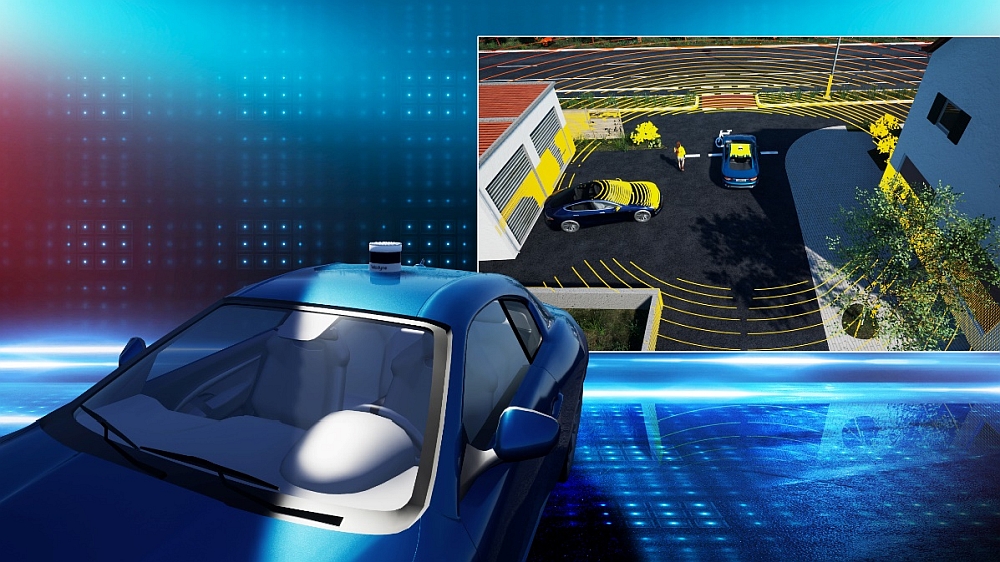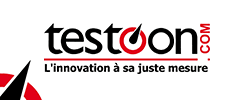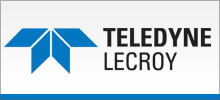- dSpace is becoming more involved in the field of automotive lidar simulation. After forming a partnership with the American company Velodyne Lidar in September, it is now with the Canadian company LeddarTech that the German company is announcing a partnership in the development of lidar technologies for Advanced Driver Assistance Systems (ADAS) and Autonomous Driving Systems (AD).
The objective of this cooperation is to provide simulation tools and models necessary for the development and validation of lidar sensors based on LeddarTech’s technologies. Thanks to these tools, manufacturers will be able to simulate their own designs based on the characteristics of LeddarTech’s lidar sensors rather than integrating third-party black-box lidar sensors.
“The right test strategy, the right models, and out-of-the-box interfaces for simulation and reprocessing are key. Without reliable simulations, automated control systems (SAE levels 3-5) cannot be realized,” said Dr. Christopher Wiegand, Product Manager at dSpace. »
Through simulation, designers can explore various lidar sensor architectures and components to develop their own lidar design and validate the resulting performance in specific use cases. This validation process is based on the physical simulation of the lidar as well as the vehicle environment which takes into account moving objects (vehicles, pedestrians…), the road and other static objects (traffic signs, sidewalks…).
Founded in 2007, LeddarTech, headquartered in Quebec, specializes in environmental sensing solutions for autonomous vehicles and advanced driver assistance systems. The company offers detection and perception modules based on Lidar technology for automobiles and other vehicles. Its LeddarVision software platform for the fusion of raw data from cameras, Lidars and radars enables Tier 1 and Tier 2 automotive suppliers and system integrators to develop and optimize their in-vehicle detection systems.






